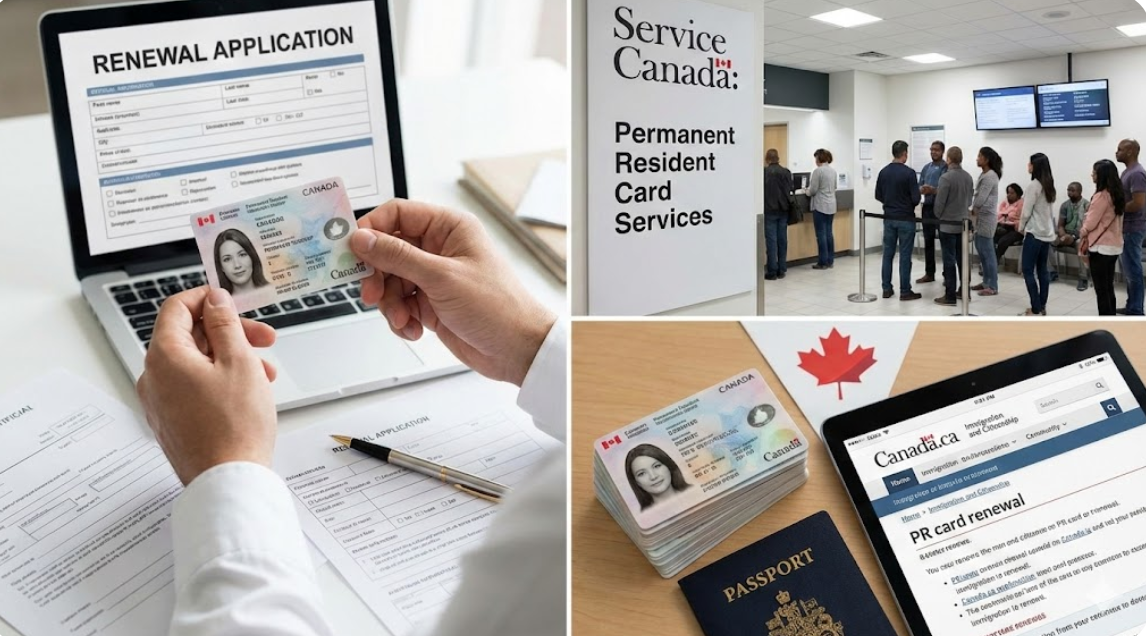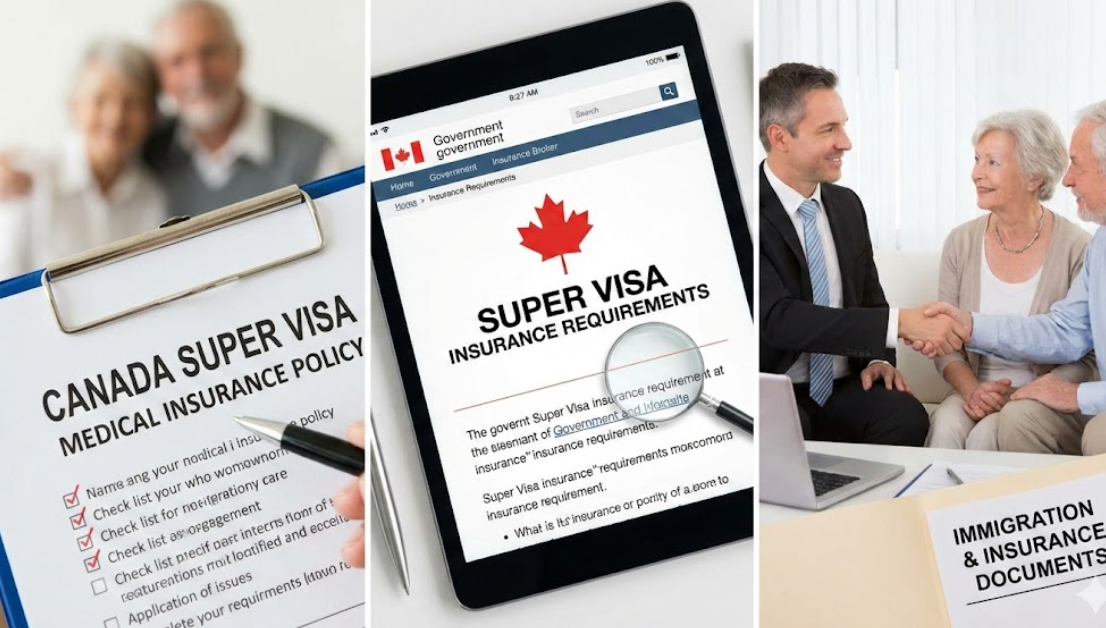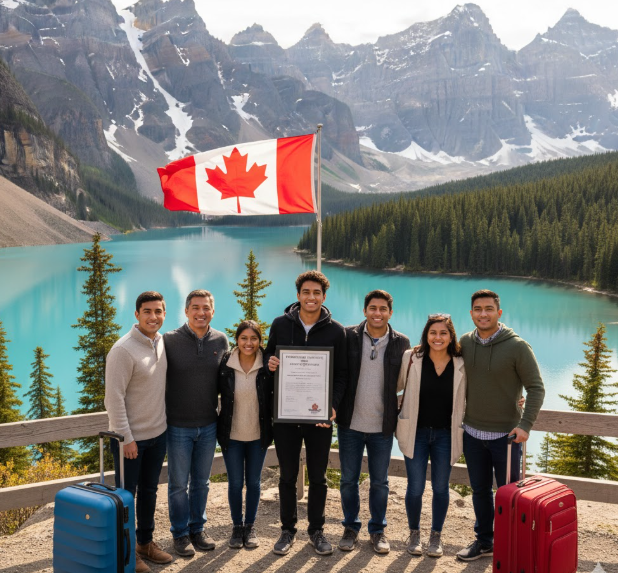If you are a Permanent Resident of Canada, your PR card is more than just a piece of plastic—it’s proof of your legal status, your ability to travel, and your gateway to building a long-term life in Canada. Whether you plan to apply for citizenship eventually or simply want to continue living and working in… Continue reading How to Renew Your PR Card in Canada – Complete Process
Author: ahmed tawhid
What Is Landed Immigrant? Key Facts About Canadian Immigration Status
Understanding Canadian immigration terminology can be confusing, especially if you are new to the process or researching your eligibility for permanent residency. One of the most frequently asked questions we receive at Task Immigration is: “What is landed immigrant?” This term often appears on government forms, legal documents, old immigration papers, and even job applications.… Continue reading What Is Landed Immigrant? Key Facts About Canadian Immigration Status
How to Renew Permanent Resident Card – Avoid Delays with This Guide
Staying a permanent resident of Canada comes with responsibilities, timelines, and immigration rules that every PR holder must understand. One of the most important responsibilities is knowing how to renew permanent resident card before it expires. Thousands of residents face stress and delays simply because they are unsure of the renewal steps, required documents, government… Continue reading How to Renew Permanent Resident Card – Avoid Delays with This Guide
what is landed immigrant canada
Understanding Canadian immigration terminology is essential for anyone planning to study, work, visit, or settle in Canada. One of the most commonly searched questions online is “what is a landed immigrant Canada”, especially among individuals reviewing older documents, reading historical immigration forms, or seeking clarity regarding Canada’s permanent residency system. Although the phrase “landed immigrant”… Continue reading what is landed immigrant canada
Super Visa Insurance: How to Stay Compliant and Protected
When applying for a Super Visa, one of the key components to meet your obligations and responsibilities is insurance coverage. For many prospective applicants, figuring out exactly what constitutes acceptable coverage can be confusing. In this in-depth guide, we as Task Immigration aim to walk you through everything you need to know about super visa… Continue reading Super Visa Insurance: How to Stay Compliant and Protected
Avoid Expiry Stress! Canada Work Permit Extension Made Simple
When you’re working in Canada and your work permit is about to expire, one of the most critical steps you can take to continue your career journey is to apply for a work visa extension in Canada. Many foreign workers, international graduates, and professionals find themselves asking how to stay legally employed in the country… Continue reading Avoid Expiry Stress! Canada Work Permit Extension Made Simple
How I Turned My Dream of Living in Canada into Reality
Immigrating to Canada was one of the most life-changing decisions I’ve ever made. It wasn’t a simple process, and it definitely didn’t happen overnight — but looking back, it was worth every challenge, every document, and every anxious moment waiting for updates. In this long and practical guide, I’ll walk you through how I immigrated… Continue reading How I Turned My Dream of Living in Canada into Reality
How Many Months to Immigrate to Canada? Here’s What You Need to Know
Immigrating to Canada is a dream shared by millions of people around the world. Whether you’re looking for better job opportunities, a safer environment, or a place to raise your family, Canada is one of the top destinations for immigrants. However, one of the most frequently asked questions is “how long does it take to… Continue reading How Many Months to Immigrate to Canada? Here’s What You Need to Know
What Are the Legal Risks of Buying a House as an Illegal Immigrant?
For many newcomers and undocumented residents, owning a home in Canada represents stability, security, and hope for a better future. But the question remains — can an illegal immigrant buy a house in Canada? At Task Immigration, we understand that thousands of immigrants contribute to the Canadian economy every day, even without permanent legal status.… Continue reading What Are the Legal Risks of Buying a House as an Illegal Immigrant?
How to Apply for a Work Visa Extension: Step-by-Step Process
Securing a work visa extension is a critical step for foreign nationals who wish to continue working legally in a country beyond their current visa’s expiration date. At Task Immigration, we specialize in helping clients navigate the complex procedures, documentation requirements, and timelines associated with visa extensions. This comprehensive guide explores every aspect of a… Continue reading How to Apply for a Work Visa Extension: Step-by-Step Process









